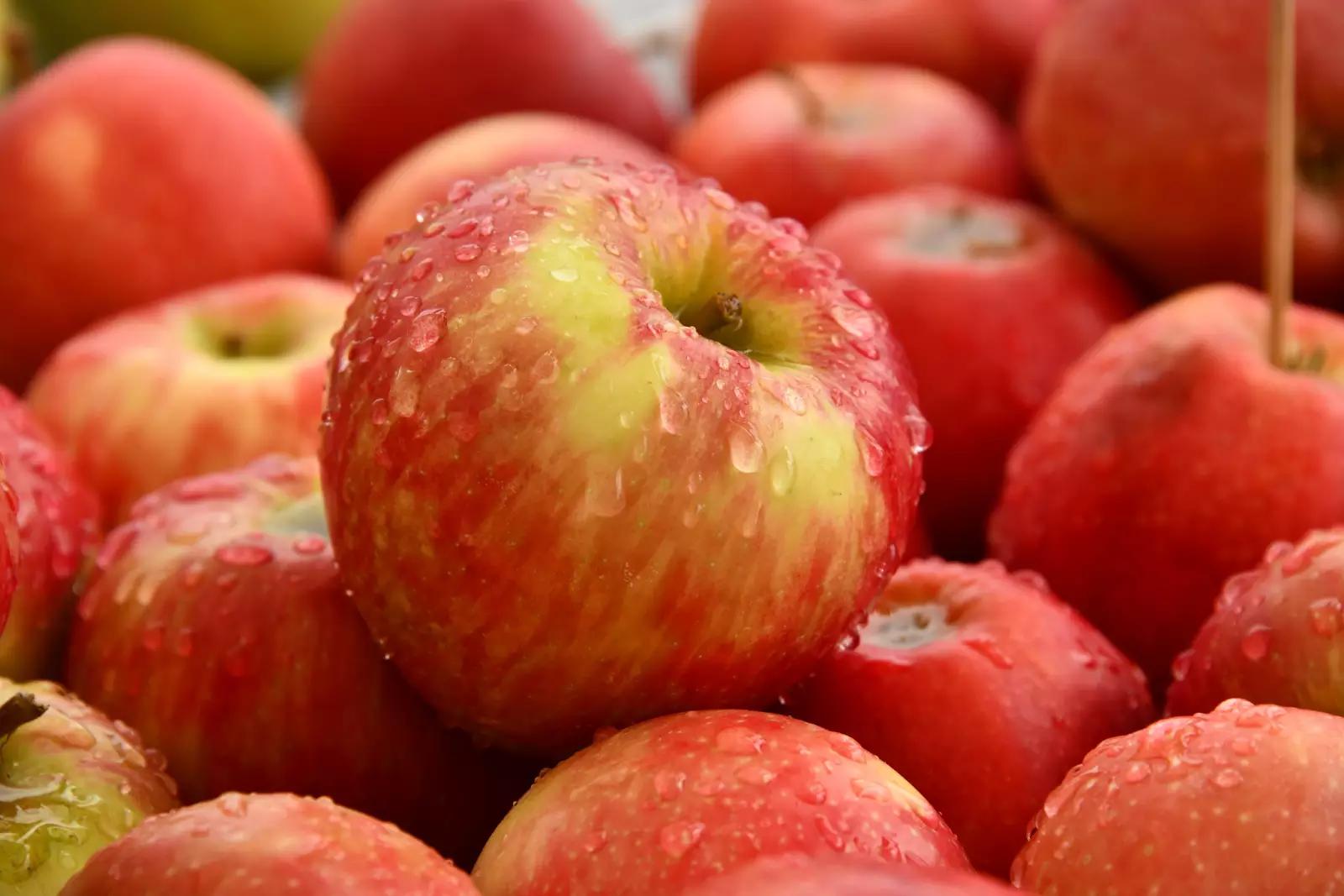Watermelon’s Heart-Healthy Role as a Nutritional Powerhouse
Despite its popularity during the summer, watermelon is a fruit that has been found to possess even greater nutritional value than previously thought. According to recent research, watermelon reduces the risk of heart disease. The article discusses a study that highlights the health benefits of watermelon, emphasizing its ability to enhance the quality of your diet and increase nutrient intake.
Aside from that, it examines the specific nutrients in watermelon and how they influence heart health. This information can help individuals make informed dietary decisions to ensure their hearts stay healthy.

Watermelon’s Contribution to Enhanced Nutrient Intake
According to a study published in Nutrients, watermelon can improve diet quality and nutrient intake significantly. According to research from the National Health and Nutrition Examination Survey (NHANES) between 2003 and 2018, individuals who ate watermelon were more likely to consume many essential nutrients than individuals who didn’t.
A number of nutrients are contained in watermelon, including dietary fiber, potassium, magnesium, vitamin A, vitamin C, lycopene, and other carotenoids.
Watermelon’s Role in Heart Health

Providing numerous benefits to your heart due to the high water content of watermelon, as well as its high vitamin C, calcium, magnesium, and potassium content, the fruit helps to keep your body hydrated.
In addition to reducing insulin and blood sugar spikes, watermelon’s low glycemic load protects the body from extreme insulin levels. Plant-based antioxidants like lycopene play a significant role in promoting heart health as well. In studies, lycopene has been linked to a reduced risk of developing heart disease and premature death.
Furthermore, watermelon’s amino acid citrulline may increase muscle growth and help dilate blood vessels, surpassing the levels found in tomatoes.
Incorporating Watermelon into Your Diet
Here are some easy ways to incorporate watermelon into your daily diet and reap its health benefits:
In order to increase nutrient density, substitute high-sugar desserts with watermelon.
If you are exercising outdoors, carry a watermelon as a snack to keep you hydrated.
Slushies can be made from frozen watermelon.
D. Grill watermelon slices and place them on salads, such as arugula with grilled watermelon slices.
Create a cold watermelon salad with diced watermelon, crumbled feta cheese, chopped cucumbers, fresh mint, coriander, and basil leaves.
Broadening Your Nutritional Intake for Heart Health
For individuals managing heart failure using medications like lisinopril to manage heart failure, a diverse diet is essential to maximize overall nutrition, even though watermelon has significant heart health benefits. In addition to watermelon’s advantages, other fresh foods with similar nutrient profiles can contribute to an effective heart failure management plan that incorporates lisinopril.
It contains many antioxidants, including guava, tomatoes, papaya, pink grapefruit, and red peppers. Not only are these fruits and vegetables visually appealing but they are also high in lycopene, a powerful antioxidant. There have been numerous studies linking lycopene to various cardiovascular health benefits, such as reducing inflammation, improving blood vessel function, and lowering heart disease risk.
Along with lisinopril, adding a variety of fruits and vegetables to your diet can help improve heart health and improve your heart failure management. It has been shown that lisinopril and a nutrient-rich diet can work synergistically for promoting cardiovascular health and well-being.
In addition to fruits and vegetables, it is advisable to include other heart-healthy components in your diet, such as healthy fats and fiber-rich foods. High cholesterol levels and heart disease risk can be reduced by eating healthy fats, such as those found in nuts, seeds, and extra virgin olive oil. By consuming fiber-rich foods such as beans and legumes, you can maintain healthy blood sugar levels and reduce the risk of developing heart disease.
Lisinopril works best in the management of heart failure when sugar, refined grains, and fried foods are minimized. Keeping a heart-healthy lifestyle and supporting lisinopril’s positive effects can be further enhanced by avoiding or reducing these foods. They can contribute to weight gain, high blood pressure, and other cardiovascular risk factors.
Conclusion
In addition to its nutritional profile and heart health benefits, watermelon offers valuable benefits to individuals, including improved health and better quality of life.
Watermelon and other heart-healthy foods can be added to a balanced diet. Individuals can reduce their risk for heart disease and maintain optimal cardiovascular health by making conscious choices and taking a holistic approach to nutrition.









